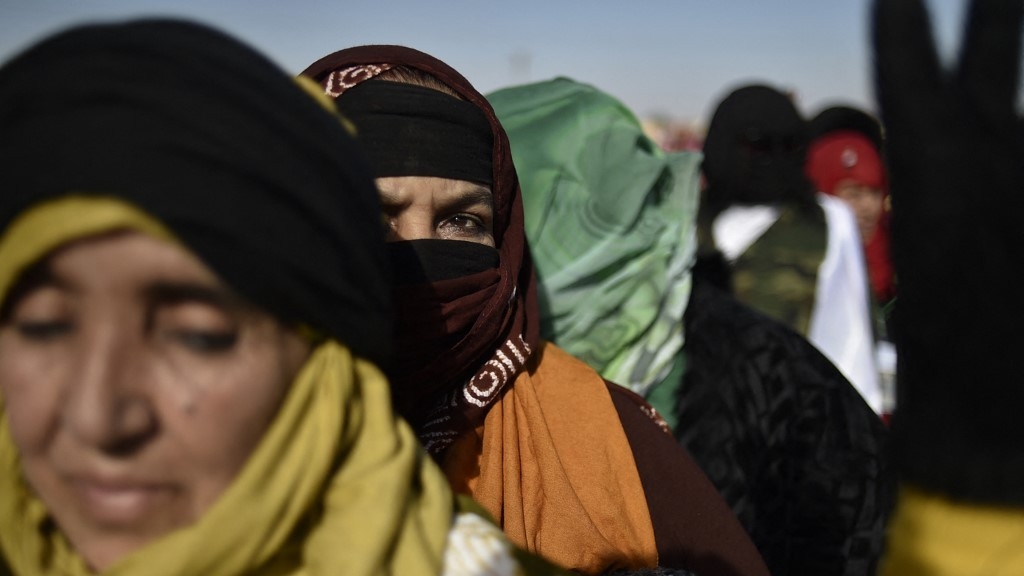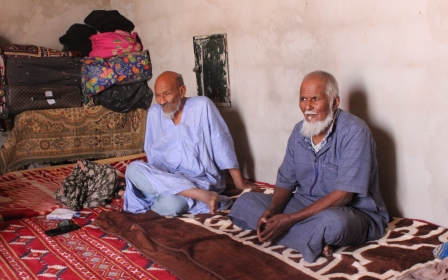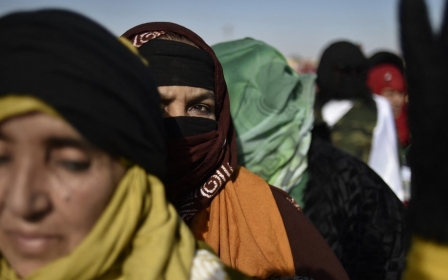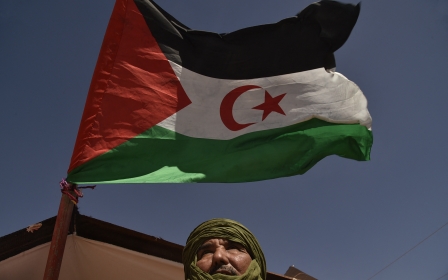Thirty UK parliamentarians urge support of Morocco's control over Western Sahara

Dozens of British parliamentarians, predominantly from the ruling Conservative Party, have called on the government to recognise Morocco's proposal to govern the disputed Western Sahara region.
The so-called Moroccan Autonomy plan for Western Sahara gives Rabat control over the area's national security and foreign relations while allowing the Sahrawi people limited autonomy.
"The autonomy initiative proposed by Morocco for Western Sahara, balanced with respect for local traditions and democratic aspirations, offers a viable path toward lasting peace and stability," said the letter, written on Thursday.
"With broad backing from our Western allies and more than 80 countries worldwide, the initiative is heralded as the most practical and pragmatic path to stability, emphasising that its time to move beyond the inertia."
New MEE newsletter: Jerusalem Dispatch
Sign up to get the latest insights and analysis on Israel-Palestine, alongside Turkey Unpacked and other MEE newsletters
The letter, written less than six weeks before a UK general election that is widely forecast to see the governing Conservatives lose power, was addressed to the UK's foreign secretary, David Cameron, and signed by 30 people, including former defence secretary Liam Fox and Rehman Chishti, both Conservative MPs, and House of Lords member Stuart Polak.
Initially proposed in 2006, Rabat created Morocco's autonomy plan for Western Sahara to provide the region with self-governance under Moroccan sovereignty.
The United States and France are amongst the countries that have supported the Moroccan plan, viewing it as a potential basis for negotiations.
But the Polisario Front, which fought a war of independence with Morocco from 1975 to 1991, and many Sahrawis have criticised the plan, arguing that it undermines their right to self-determination.
The Polisario Front has demanded the United Nations follow through on its promise for a referendum on self-determination in the region.
Morocco has called for the autonomy plan to resolve the longstanding conflict, asserting that it offers a realistic and pragmatic solution to ensure regional stability and development.
Middle East Eye delivers independent and unrivalled coverage and analysis of the Middle East, North Africa and beyond. To learn more about republishing this content and the associated fees, please fill out this form. More about MEE can be found here.




